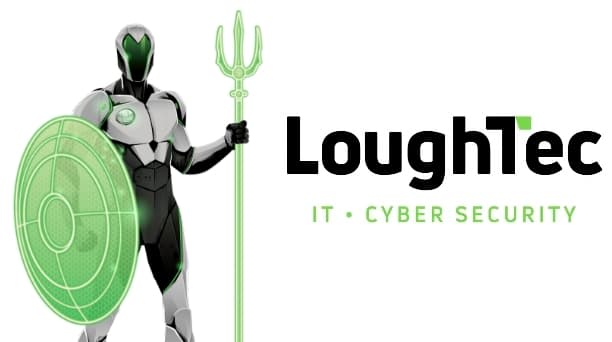Charities & Not For Profit
Page EnquiryARE YOU SAFE?
Charities and not-for-profits are prime targets for cyberattacks because they handle sensitive information, payment details and beneficiary data while often operating with limited cybersecurity resources.
Cybercriminals exploit this vulnerability through phishing, ransomware and financial fraud, aiming to steal funds or compromise personal data. A successful attack can damage trust, disrupt operations and lead to regulatory fines for non-compliance with data protection laws.
With many organizations relying on donations and digital records, robust cybersecurity measures are essential to protect their mission, reputation and the communities they serve.
LoughTec would recommend undertaking an independent cyber attack assessment and deloying the LoughTec 24/7/365 Security Operations Centre SOC.
Valuable Data
Even though they may not have the financial resources of corporations, charities often store sensitive donor data, including names, addresses, and payment details. Cybercriminals can steal this information to commit identity fraud or sell it on the dark web.
Weaker Cybersecurity
Many non-profits operate on tight budgets, meaning they often lack robust cybersecurity defences. Outdated software, weak passwords, and limited IT support make them easier to exploit.
High Trust Levels
Non-profits rely on trust-based relationships with donors, volunteers, and partners. Cybercriminals take advantage of this by launching phishing attacks that impersonate the organization, tricking donors into sending money or revealing personal details.
Ransomware Threats
Hackers know that charities may not have strong backup systems in place, making them more likely to pay ransom demands to recover their data. Since they handle sensitive beneficiary information, downtime can be devastating.
Third-Party Risks
Many charities rely on third-party services, like cloud platforms, payment processors, or outsourced IT. If these vendors have security weaknesses, cybercriminals can exploit them to access charity data.
Activist and Political Motives
Some cyberattacks aren’t financially motivated. Hacktivists may target charities linked to controversial causes, aiming to disrupt operations or leak sensitive information.
Social Engineering Opportunities
Charities often engage with a broad range of people, including volunteers, donors, and beneficiaries, who may lack cybersecurity awareness. Attackers exploit this by impersonating trusted contacts or posing as beneficiaries in need.
How Charities Can Protect Themselves
- Implement basic cybersecurity measures (firewalls, antivirus, strong passwords).
- Train staff and volunteers to recognize phishing and social engineering tactics.
- Regularly update software and enable multi-factor authentication (MFA).
- Use secure payment platforms and encrypt sensitive data.
- Back up important data to mitigate ransomware risks.
- Ideally have a Security Operations Centre SOC in place for 24/7/365 security
LoughTec currently provides cyber security solution to a number of businesses within the Charities and Not for Profit sectors throughout Northern Ireland, Republic of Ireland and Great Britain, see our testimonial from Developing Healthy Communities DHC (top right video). We support various Charities and Not for Profits (NFP’s) large organisations and SME companies with a more regional focus, all through the implementation of our LoughTec Security Operations Centre (SOC) and other ultra secure solutions.
Reach out to LoughTec below to learn how we can help deliver IT support and Cyber Security to help protect your business, staff, customers, data, financials and your reputation.






